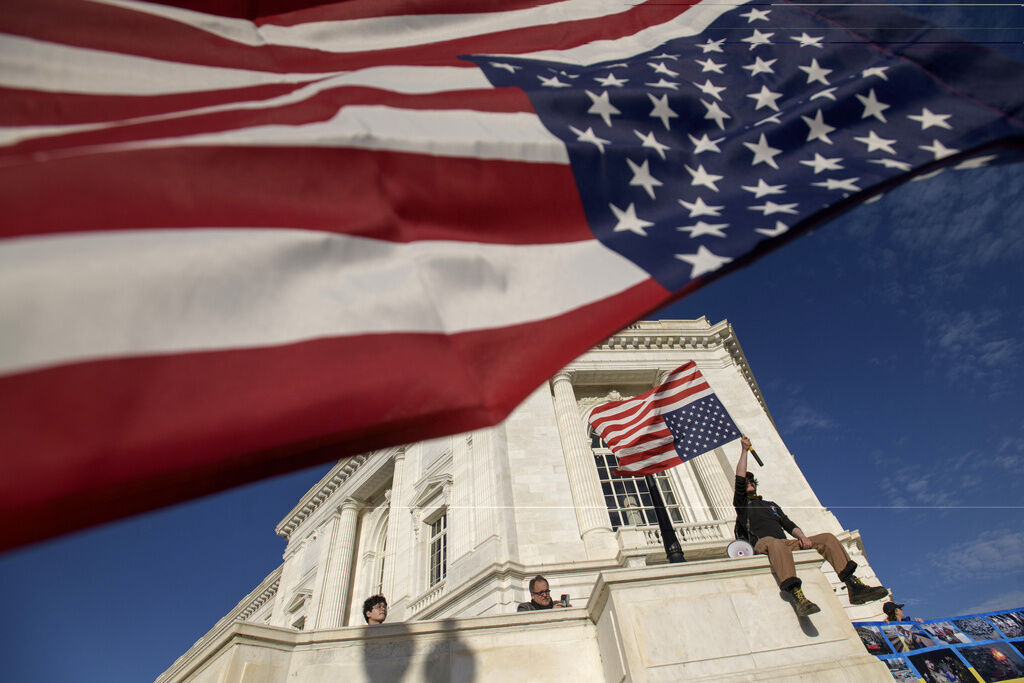
Potential Closure of the Museum of the American Latino Under Trump’s Administration

The National Museum of the American Latino (NMAL) and the Anacostia Community Museum are facing potential closure as President Trump’s Fiscal Year 2026 budget proposal excludes funding for these institutions. Established in 1967, the Anacostia Community Museum was created to engage Black residents in Washington, DC. The budget suggests integrating the Anacostia Community Museum into the National Museum of African American History and Culture, while NMAL’s programs would be overseen by a decentralized Smithsonian Latino Center, dispensing with a dedicated museum space.
However, the final decision lies with Congress, not the president. Members of the Republican-led Congressional Hispanic Conference are advocating for continued funding for NMAL, emphasizing the Latino community’s importance in American history. Congress initially approved NMAL in 2020, intending to secure a permanent space alongside the Smithsonian American Women’s History Museum.
Despite NMAL’s progress—raising $70 million, collecting artifacts, and launching a national membership program—its future remains uncertain without allocated funds. The Anacostia Community Museum, currently exhibiting works on 20th-century Black arts education, also faces a perilous fate if stripped of funding.
The Smithsonian’s budget request to the House and Senate appropriations committees aligns with Trump’s proposal, omitting support for NMAL and the Anacostia Community Museum. Establishing NMAL permanently is estimated to cost between $600 to $800 million, necessitating congressional backing.
Proposals to defund NMAL have persisted, with criticisms over its portrayal of history in its debut exhibition, “¡Presente! A Latino History of the United States.” Despite opposition, bipartisan efforts continue, seeking to secure NMAL’s place on the National Mall.
Appropriations for the Smithsonian and cultural institutions will be finalized in the annual budget by the House Appropriations Committee, with discussions ongoing. This situation highlights the challenges facing cultural preservation amid shifting political landscapes.